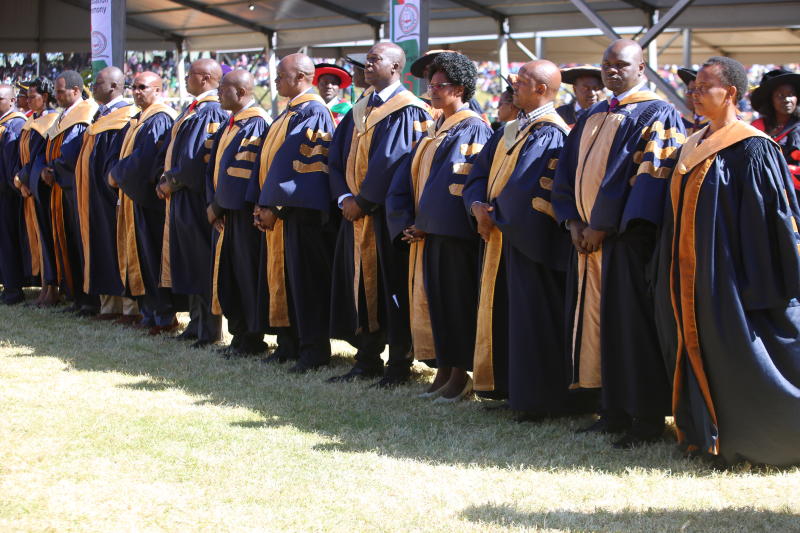×
The Standard e-Paper
Smart Minds Choose Us

Recently, I witnessed a local university sharing a newly approved PhD curriculum on social media. Like a good marketer, the sender announced some of its selling points.
What caught my attention though, was the loud claim that the curriculum included taught, examinable course work as part of the three year degree. There is a near obsession among local universities that PhDs must contain taught, examinable coursework.